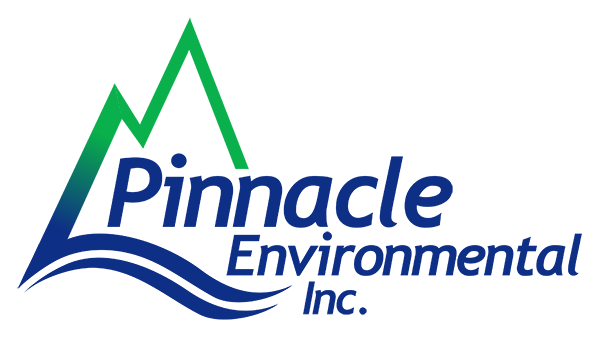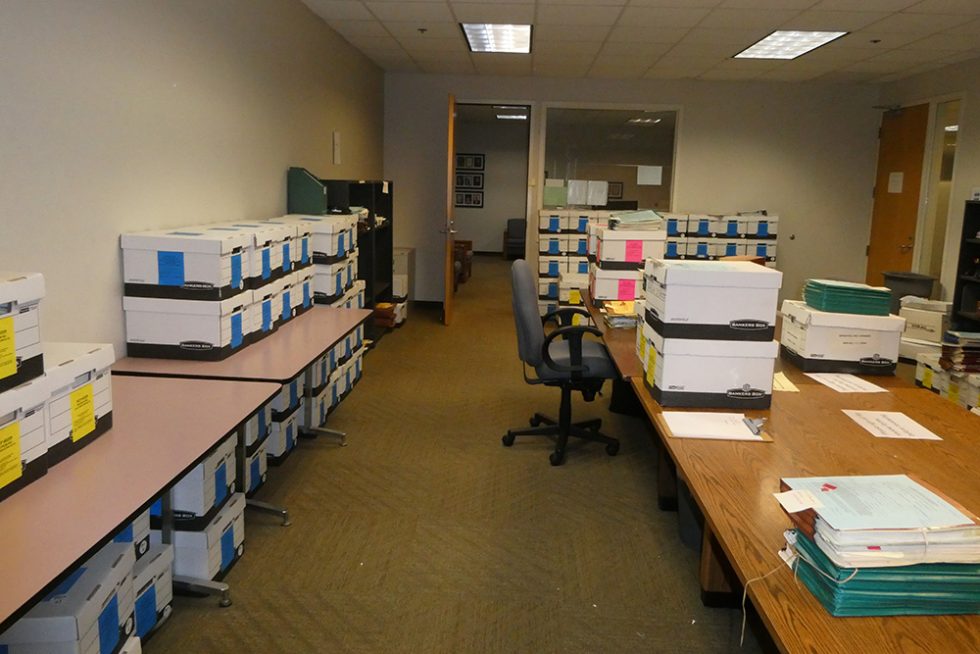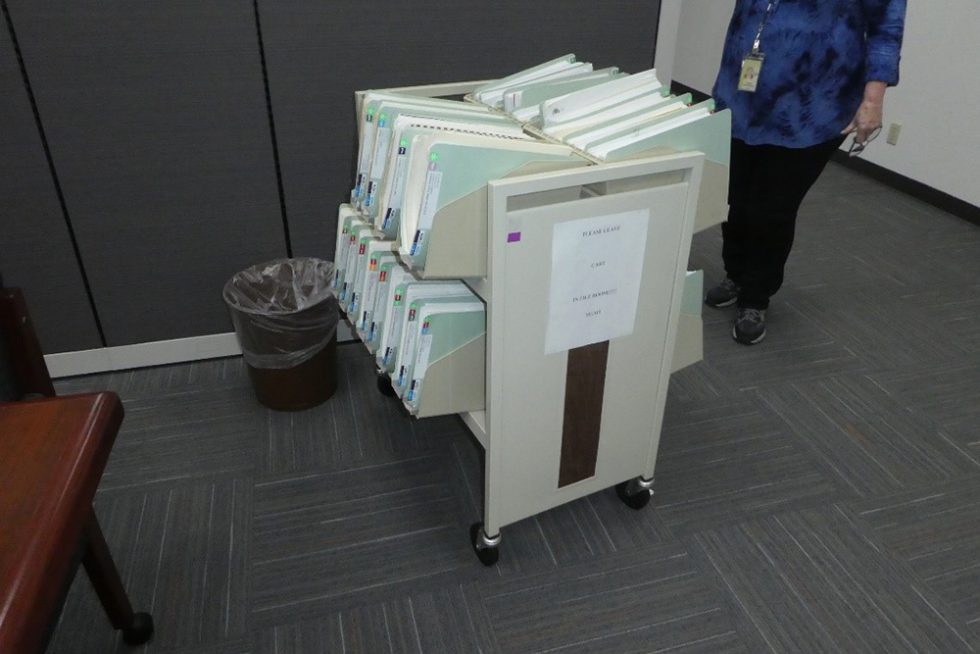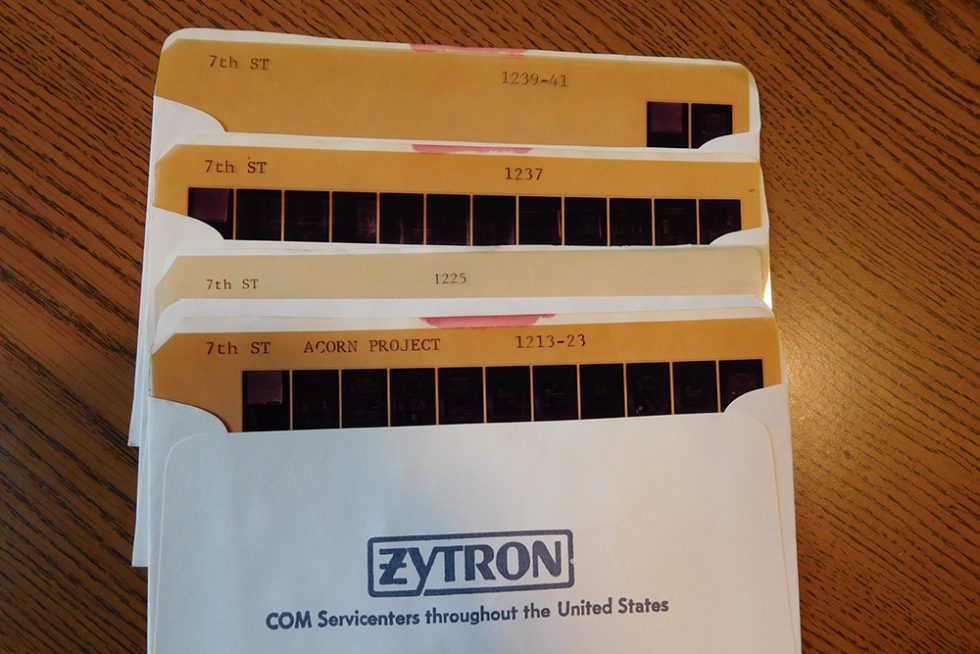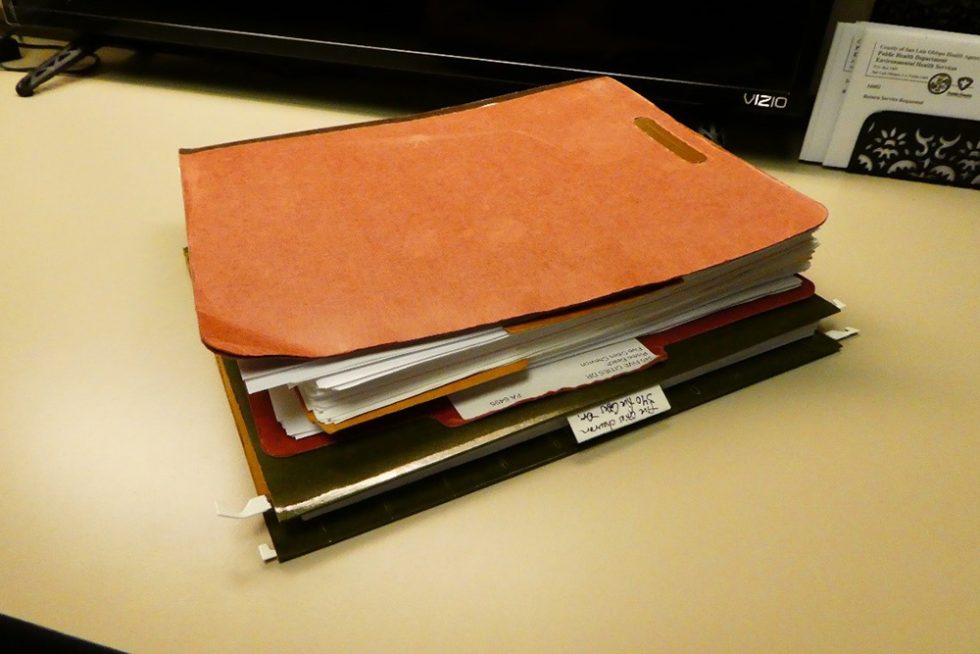Regulatory Agency Liaison
Regulatory Agency Liaison
Regulatory oversight is a crucial aspect of environmental management designed to protect human health and the environment from the adverse effects of pollution and hazardous materials. Pinnacle offers liaison services to act as a guide through the regulatory requirement web with a goal of facilitating productive relationships, promoting an understanding of regulatory requirements, and ensuring compliance with applicable laws and regulations.
What are examples of regulatory oversight and permitting?
There are many examples of regulatory oversight related to hazardous materials use, waste generation and disposal, and releases to the environment. The following are a few larger Federal programs, but there are many more on the state and local levels:
-
- Clean Air Act and Clean Water Act: The Clean Air Act and Clean Water Act are federal laws that regulates air and water pollution, respectively. It authorizes the EPA to set national standards for air and water quality and to issue permits to companies that want to release pollutants into the air or water. The permits specify the type and amount of pollutants that can be released and the conditions under which they can be released.
- Resource Conservation and Recovery Act: The Resource Conservation and Recovery Act (RCRA) is a federal law that regulates the handling, storage, and disposal of hazardous waste. It authorizes the EPA to issue permits to facilities that want to store or dispose of hazardous waste. The permits specify the type and amount of waste that can be stored or disposed of and the conditions under which it can be stored or disposed of.
- Toxic Substances Control Act: The Toxic Substances Control Act (TSCA) is a federal law that regulates the manufacture, distribution, and use of chemicals. It authorizes the EPA to issue permits to companies that want to produce or use certain chemicals. The permits specify the type and amount of chemicals that can be produced or used and the conditions under which they can be produced or used.
Who would benefit from assistance from a Regulatory Agency (Government) Liaison?
Many businesses do not have the resources to have full-time environmental compliance staff. As such, they can benefit from having Pinnacle’s environmental experts assist them with navigating the intricacies of today’s regulatory environment. Examples of businesses that may benefit from Pinnacle’s liaison services include:
-
- Manufacturing Companies: Manufacturing companies that produce goods and operate facilities may need to comply with environmental regulations related to waste management, emissions control, and sustainable practices. An environmental regulatory liaison can help ensure compliance, navigate permitting processes, and provide guidance on implementing environmentally friendly practices.
- Energy Companies: Businesses involved in energy production, including oil and gas, renewable energy, and utilities, must adhere to strict environmental regulations. An environmental regulatory liaison can assist with permitting, environmental impact assessments, and ensuring compliance with regulations regarding emissions, pollution control, and resource conservation.
- Chemical and Pharmaceutical Companies: Companies that manufacture or handle chemicals and pharmaceuticals are subject to environmental regulations to protect human health and the environment. A regulatory liaison can help navigate the complex regulatory landscape, address compliance requirements for handling hazardous materials, and assist with environmental impact assessments.
- Construction and Development Firms: Construction and development projects often require compliance with environmental regulations related to land use, habitat protection, erosion control, and water management. An environmental regulatory liaison can assist in obtaining permits, conducting environmental assessments, and ensuring compliance throughout the project’s lifecycle.
- Transportation and Logistics Companies: Businesses in the transportation sector, including airlines, shipping companies, and freight carriers, must comply with environmental regulations to reduce emissions and mitigate the impact on air and water quality. A regulatory liaison can help navigate emissions standards, fuel efficiency requirements, and sustainability initiatives.
- Agricultural and Food Production Businesses: Agricultural operations and food production facilities need to comply with environmental regulations to address issues such as water pollution, soil erosion, and waste management. An environmental regulatory liaison can provide guidance on best practices, assist with compliance, and help implement sustainable farming techniques.
- Hospitality and Tourism Industry: Hotels, resorts, and tourism-related businesses often have to adhere to environmental regulations related to waste management, energy efficiency, and water conservation. An environmental regulatory liaison can help establish eco-friendly practices, obtain certifications, and ensure compliance with environmental standards.
Pinnacle Environmental provides valuable technical expertise and assistance in navigating the complex regulatory landscape and ensuring compliance with applicable laws and regulations.
